Greek Gods Hebe
Contents
Introduction to Hebe
The Greek goddess Hebe is the daughter of Zeus and Hera, and she is the goddess of youth. In Greek mythology, Hebe was considered to represent the eternal beauty and vitality of youth, and she was often depicted as a young woman pouring ambrosia for the gods on Mount Olympus. Hebe’s role in Greek mythology is significant as she embodies the concept of eternal youth and the rejuvenation of the body and soul. In this article, we will delve deeper into the myths and legends surrounding Hebe, her significance in Greek culture, and her representation in art and literature.
Myths and Legends
One of the most well-known myths involving Hebe is the story of her marriage to the hero Heracles. According to legend, Hebe was initially the cupbearer of the gods on Mount Olympus, but she was later married off to Heracles after he ascended to godhood. This marriage symbolized the union between mortal and immortal, and it was believed that through this union, Heracles was granted eternal youth and immortality. Hebe’s role in this myth highlights her connection to the concept of eternal youth and her ability to bestow it upon others.Another significant myth involving Hebe is her role in the story of the golden apples. According to the myth, Hebe was entrusted with the care of the golden apples that granted immortality to those who consumed them. These golden apples were a symbol of eternal youth and vitality, and Hebe’s role in guarding them underscored her association with the concept of everlasting youth.
Significance in Greek Culture
Hebe’s significance in Greek culture can be seen in the way she was worshipped and revered by the ancient Greeks. Temples and shrines dedicated to Hebe were erected in various parts of Greece, and she was often invoked in prayers and rituals related to youth, vitality, and rejuvenation. The ancient Greeks believed that by paying homage to Hebe, they could attain eternal youth and beauty, and they sought her favor in matters related to health and well-being.Hebe’s association with youth and vitality also made her a popular figure in Greek art and literature. Artists and poets often depicted Hebe as a radiant and youthful goddess, symbolizing the timeless beauty of youth. Her image was often used to convey the ideals of youth and beauty, and she was celebrated as a divine embodiment of eternal youth.
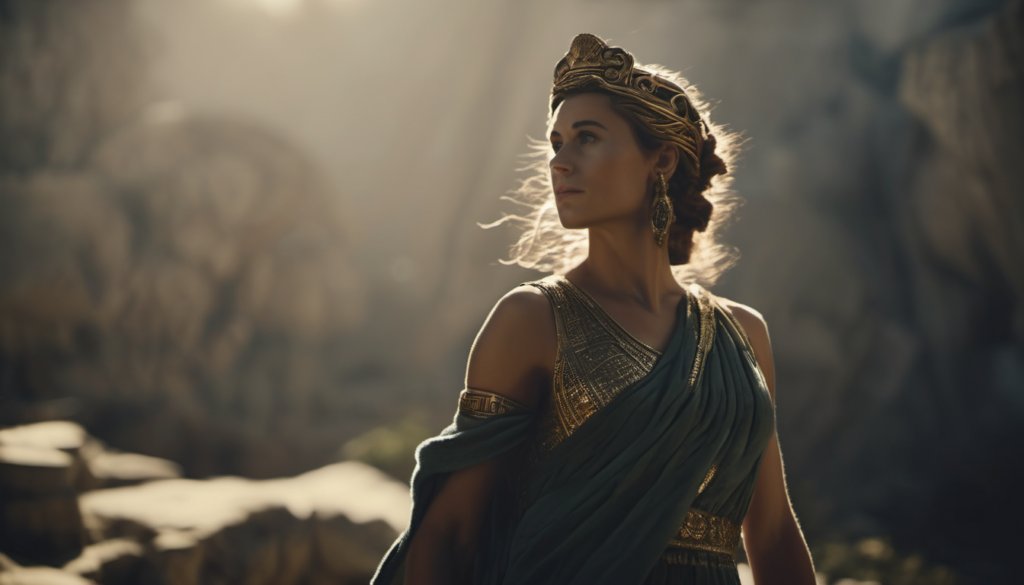
Representation in Art and Literature
Hebe’s representation in art and literature has been a recurring theme throughout history, with artists and writers drawing inspiration from her mythological significance. In art, Hebe is often depicted as a graceful and youthful goddess, pouring ambrosia for the gods or holding the golden apples of immortality. These depictions serve as a visual representation of the idealized concept of youth and beauty, and they continue to inspire artists and audiences alike.In literature, Hebe’s character has been featured in numerous works, ranging from epic poems to modern novels. Her role as the goddess of youth and vitality has made her a compelling figure in storytelling, and she is often portrayed as a symbol of rejuvenation and eternal beauty. Her presence in literature serves as a reminder of the enduring appeal of youth and the timeless quest for eternal vitality.
Conclusion
In conclusion, the Greek goddess Hebe holds a significant place in Greek mythology, culture, and art. Her role as the goddess of youth and vitality has made her a revered figure in ancient Greece, and her representation in art and literature continues to captivate audiences to this day. The myths and legends surrounding Hebe have cemented her status as a symbol of eternal youth and rejuvenation, and her enduring appeal serves as a testament to the timeless quest for everlasting beauty and vitality. As we continue to explore the rich tapestry of Greek mythology, Hebe’s legacy as the goddess of youth will continue to inspire and captivate us for generations to come.Keywords: Greek Gods Hebe, Myth of Hebe, Goddess of Youth, Hebe in Greek Culture, Hebe in Art and Literature
| Myths and Legends | Significance in Greek Culture | Representation in Art and Literature |
|---|---|---|
| Marriage to Heracles | Worship and Reverence | Depiction in Art |
| Role in the Story of the Golden Apples | Association with Youth and Vitality | Presence in Literature |
References
– Hamilton, Edith. Mythology: Timeless Tales of Gods and Heroes. Grand Central Publishing, 2011.- Morford, Mark P. O., and Robert J. Lenardon. Classical Mythology. Oxford University Press, 2018.
Share this content:
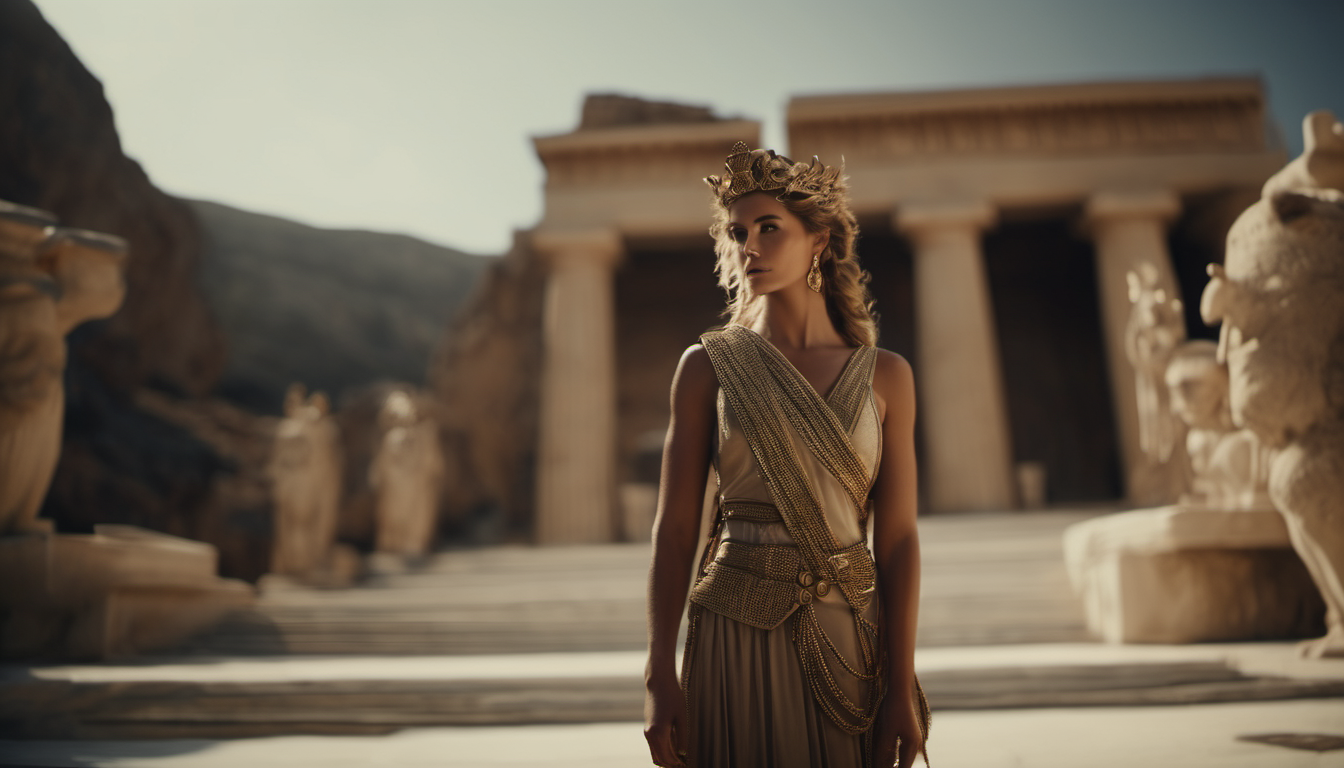
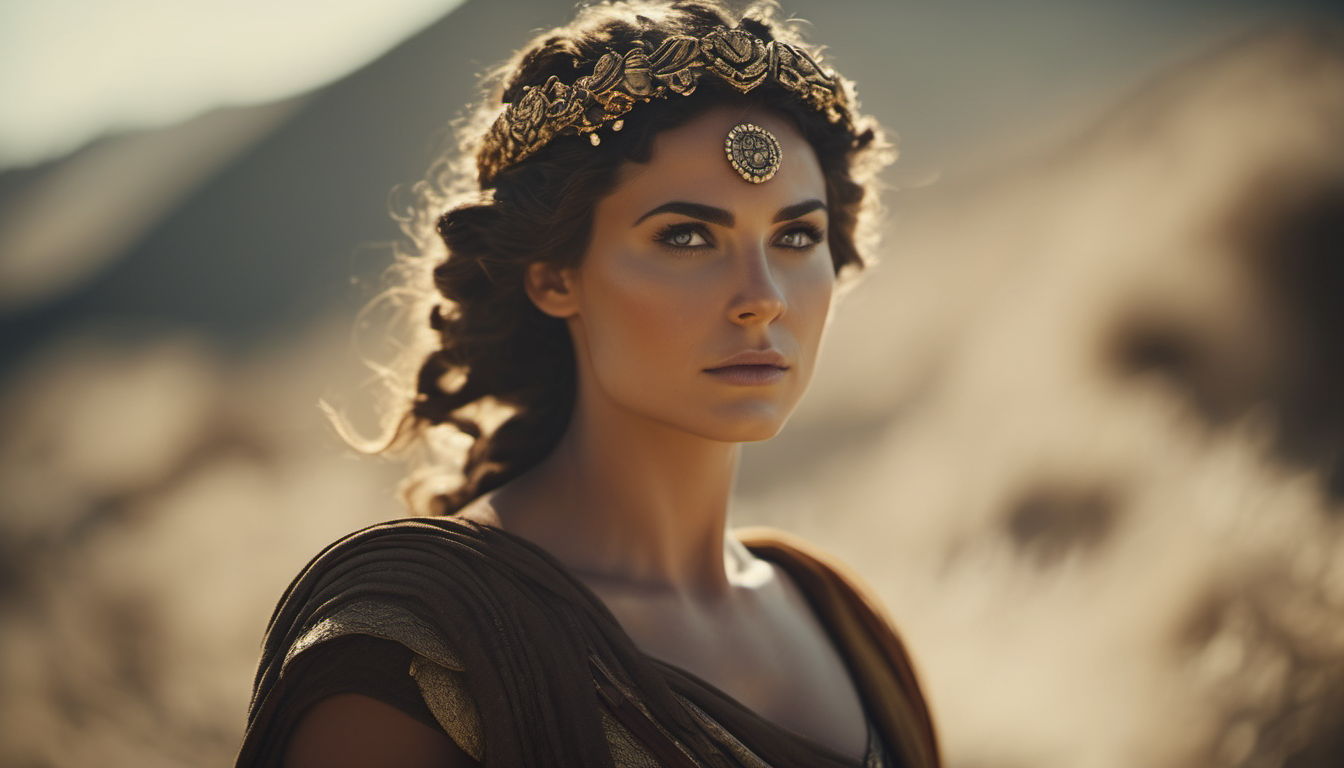
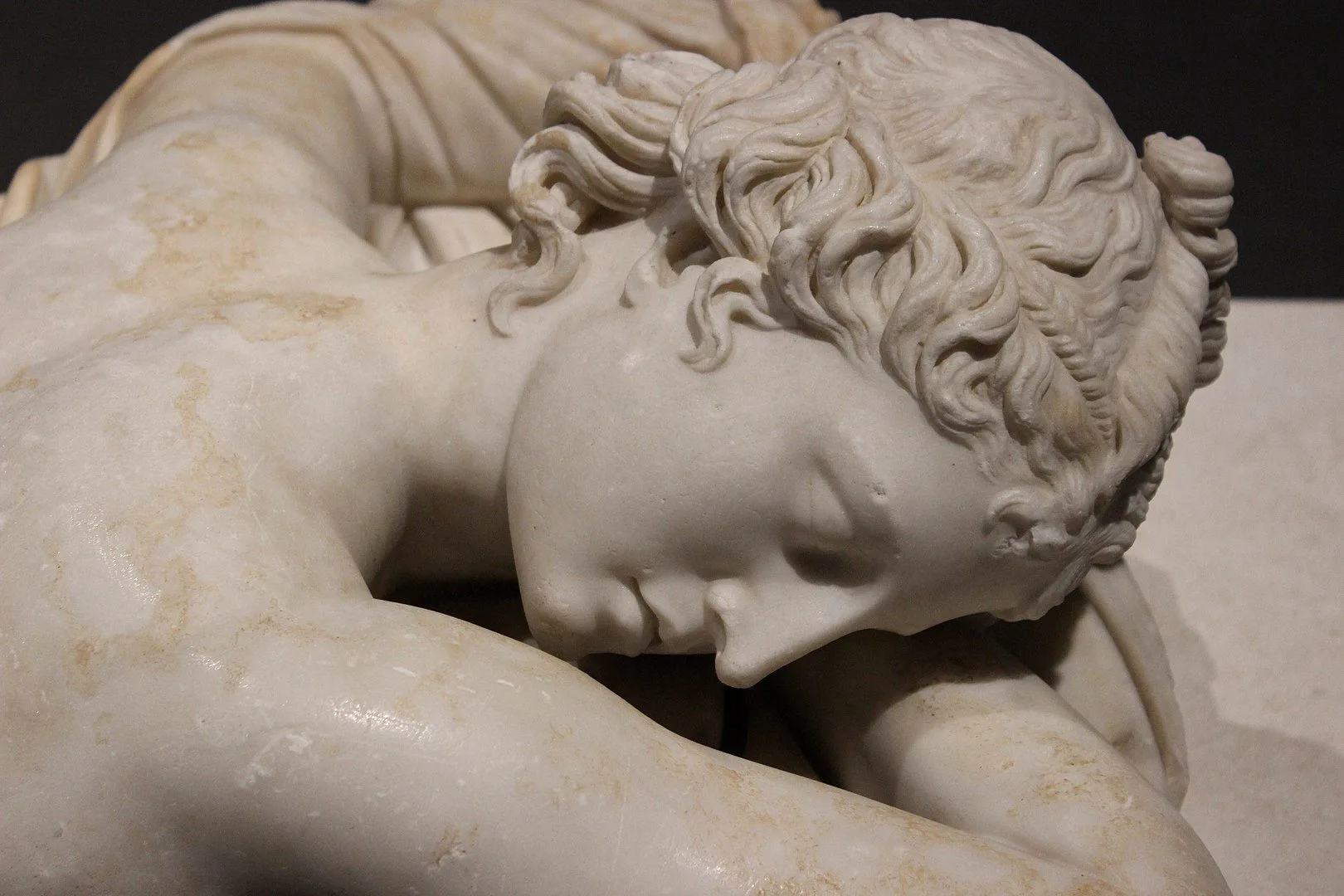
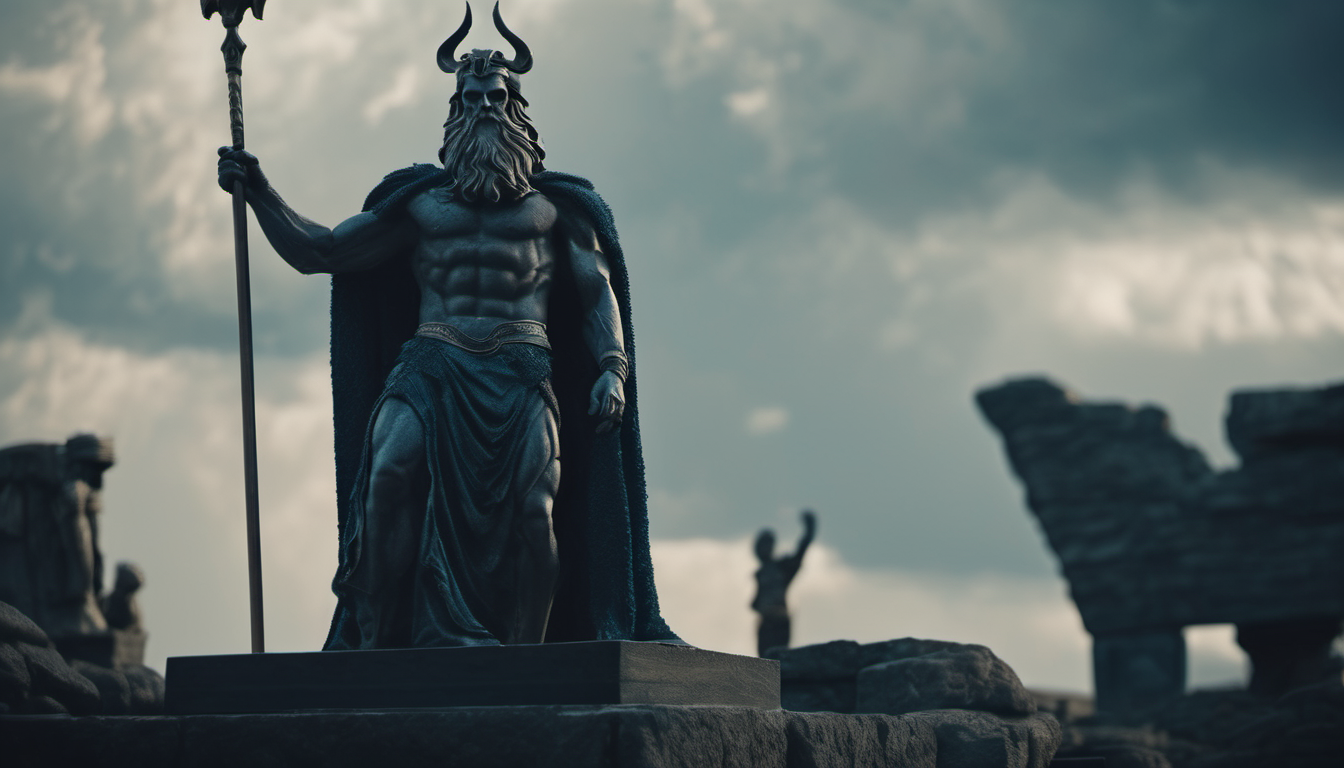
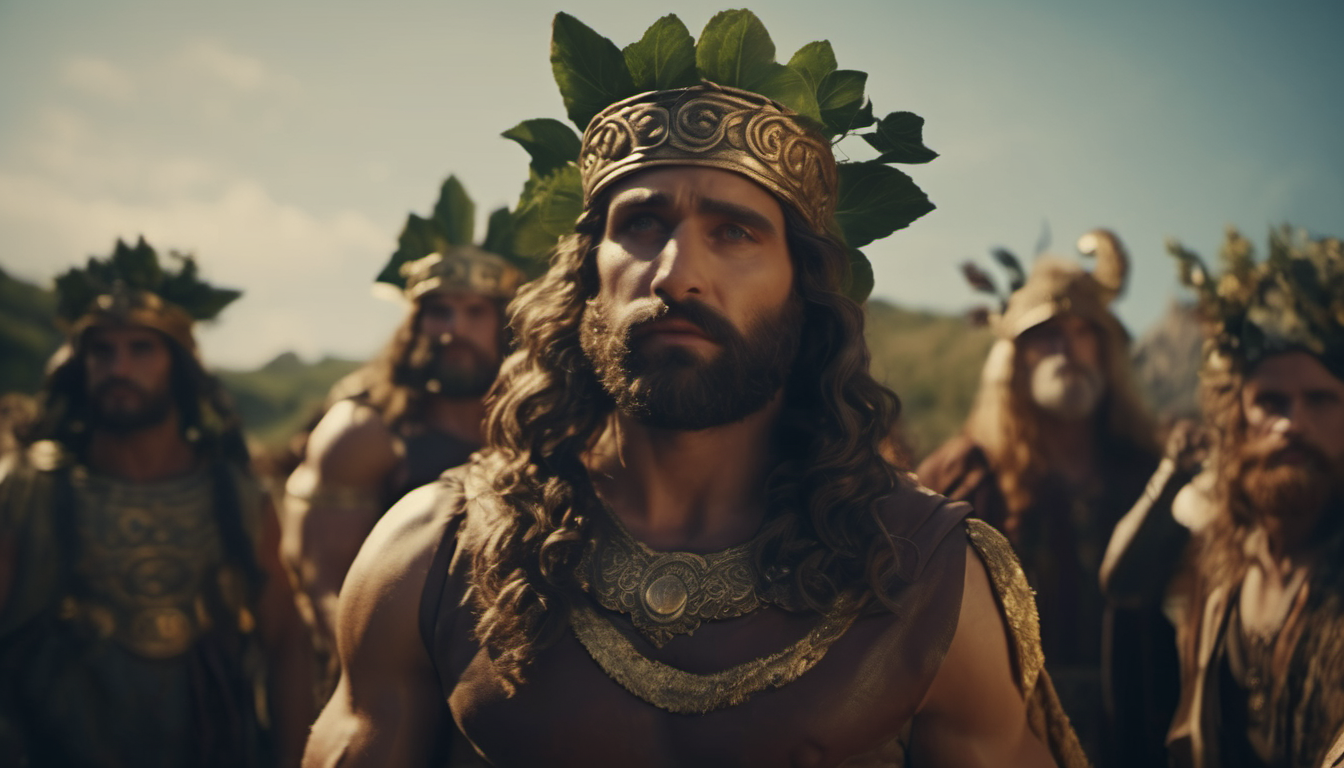
Post Comment